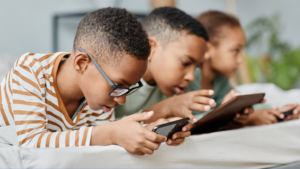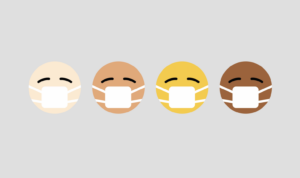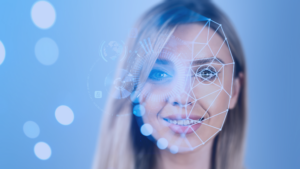Last year we took a huge step towards creating a more privacy driven world, multiple countries worked on how to better regulate data collection, prevent algorithmic bias, and limit the use of mass surveillance. Two landmark privacy laws were passed GDPR in the EU and CCPA in California USA, both giving consumers more control over their data. Both laws gave people the right to control what information companies collect on them and how it can be used. But with the World in a state of crisis, attempting to control this pandemic, it appears that more surveillance and consequential loss of privacy could prove to be the new norm.
Governments around the world are using technology and data to track and trace Covid-19 infection. In the UK they are currently testing a new NHS track and trace app, which works by using Bluetooth signals to log when smartphone owners are close to each other – so if someone develops Covid-19 symptoms, an alert can be sent to other users they may have infected. The Italian government are tracking location data transmitted by citizens mobile phones to determine how many people are obeying a government lockdown order. In South Korea they are tracking the movement of Covid-19 patients using surveillance camera footage, smartphone location data and credit card purchase records. In China the government are requiring citizens to use software apps on their phones that classify each person with a colour code – red, yellow or green – indicating the level of contagion risk. The software then determines which people should be quarantined and sends out messages if you have been near someone with the virus so they know if they need to self-quarantine.
Its not just governments that are turning to mass surveillance, Google recently introduced a Covid-19 tracker, which relies on the location data on users smartphones to measure how people are following social distancing instructions. Apple has launched a similar project which tracks people using Apple Maps data. Facebook is also following suit by gathering and sharing data about users’ movements (surprise surprise) and encouraging them to report symptoms to help researchers understand the disease. More recently, Apple and Google have announced that they will partake in a joint venture that will enable bluetooth chips in their respective smartphones to be used for contact tracing.
It is safe to say, that extensive digital surveillance to track and monitor people is going to be at the forefront of taking control of this pandemic. However, the question is, when the crisis is over, what are the long term implications to our personal data? When do these Companies and Governments stop tracking us? Will the data gathered during the crisis be deleted? Or is there a possibility it could be exploited in the future?



